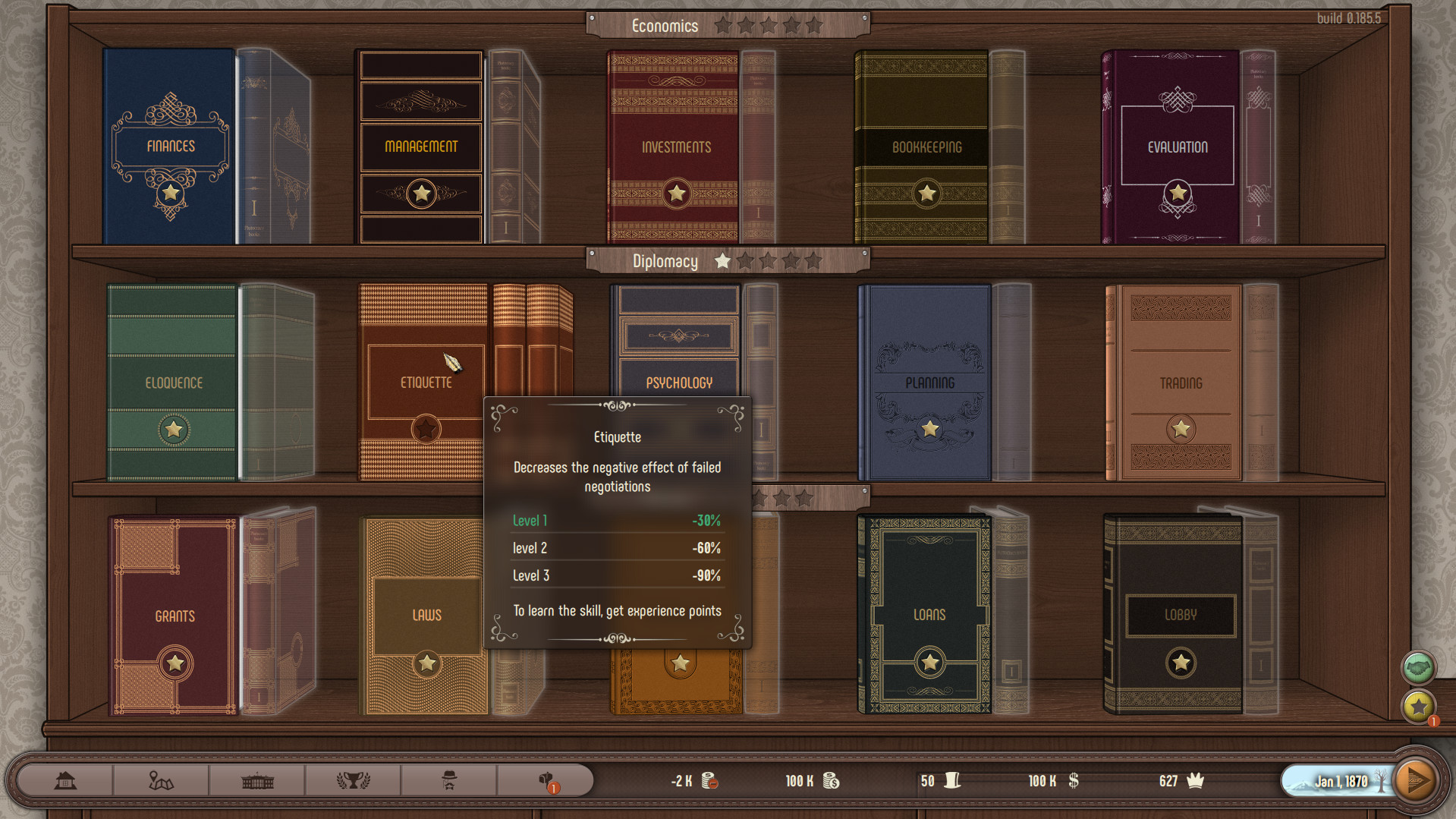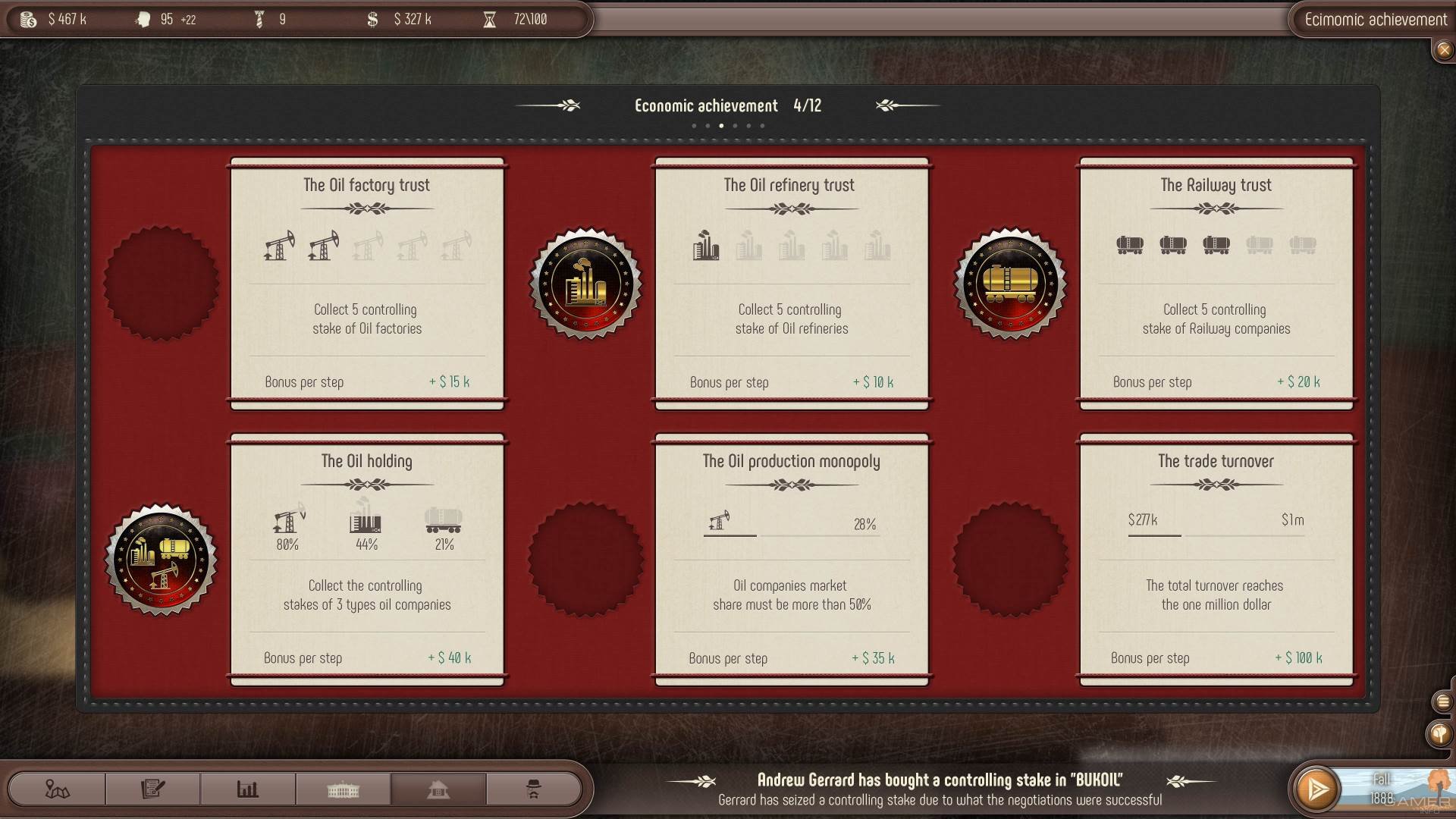

The simultaneous decline of Christianity has removed the notion of vocation as a space for the fulfillment of human potential to the greater glory of God: Quality of output is no longer a priority and, as a result, workers no longer take pride in their vocation. Advertising and mass production have ushered in an area of fast fashion, throw away culture, and technological obsolescence. In chapter five, Mitchell argues that with industrialization the common conception of work has changed from one of work as vocation to one of work as a means to an end. In the process, they destroy truly democratic institutions and property rights.

Those plutocrats clandestinely hide their nefarious cronyism behind a blanket of social democratic welfare policy distributing ever larger shares of the social surplus to the proletarians whose ideology they embrace. Together those groups have furthered the centralization of a state dedicated to the production of concentrated benefits for industrialist opportunists. 80).Įchoing Marx and de Tocqueville, Mitchell argues in chapter 4 that the advanced division of labor and subsequent rise of large business created a class of proletarians alongside a class of industrial aristocrats or plutocrats. The founding fathers believed, like Mitchell, that a spirit of commerce, motivated by private property, was essential to bringing about frugality, economy, moderation, work, wisdom, tranquility, order, and rule (p. Chapter three surveys the arguments of the founding fathers regarding property, highlighting the idea that to maintain a republic a relatively equal distribution of property is required. He suggests that because the industrial revolution resulted in wide-spread loss of landownership, citizens have also lost their good senses: they are no longer reasonable property-owning stewards but instead gender-confused, welfare-consuming, brats demanding ever greater levels of government support.Ĭhapter two continues with a deeper dive on the history of property rights in the American colonies through the war of independence. Mitchell begins his book with a survey of the intellectual history of private property from biblical history, through Plato, Aristotle, Locke, Smith, and Marx, straight to the American New Deal. He fails to recognize that ownership of productive resources, which gives individuals a stake in the fate of society, does not have to be limited to land. Mitchell frequently references thinly veiled conservative Christian ideas and notions, which will limit the books appeal, 2. Mitchells account of the threats inherent in twenty-first century political dynamics is thought provoking and worth the read for anyone concerned about the increasingly divisive nature of politics. The cure Mitchell recommends for the ills of plutocratic socialism is a revitalization of widespread ownership of property through policy promoting home ownership, land ownership, business ownership, as well as tax policy incentivizing the expansion of a worker-owner class. In its place, a destructive political alliance between wealthy elites (plutocrats) and a large underclass of woke socialists has arisen. are at a crossroads when it comes to the stability of the republic, because the vibrant middle class of vigilant property-owning citizens is disappearing. Mitchell spends the remainder of the book arguing that the U.S. In his book, Plutocratic Socialism, Mark Mitchell asserts that the Founding Fathers understood that to prevent such an undesirable accumulation of power the republic needs a vibrant middle class of vigilant property-owning citizens. The axiom of power is the idea that power tends to expand and consolidate and that this encroaching nature of power is dangerous and undesirable because it ultimately leads to tyranny (p.



 0 kommentar(er)
0 kommentar(er)
